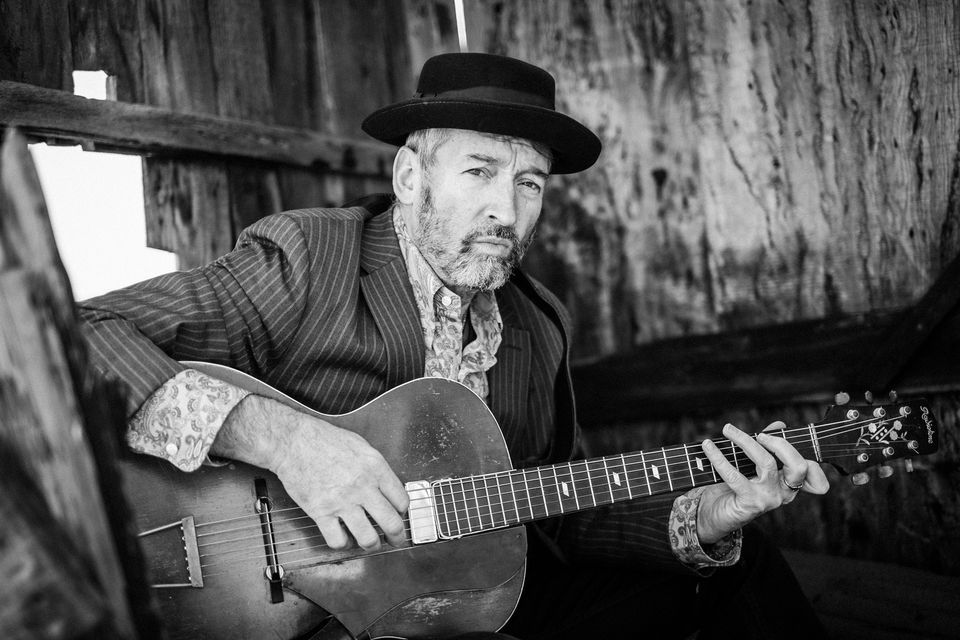Interview With The World of Mick
- Samuel Stevens

- Sep 8, 2023
- 3 min read
You've described your music as "Blues-pop" with a blues vibe. Could you elaborate on how you incorporate this blues influence into your pop sound? Are there specific elements or techniques you use to achieve this fusion?
Mick: In making my music, I blend a blues feel with a modern pop production. Whilst I am a modern pop producer, I am also a guitarist coming from a blues background, a music I love. So a mix of the two styles is inevitable.

Your moniker, "The World of Mick," suggests a glimpse into your personal world through music. Could you share how your personal experiences and emotions translate into your songwriting and performances?
Mick: Yes, I write songs that reflect my world, my own journey. So I can write with my own truth about, let's say, the subject of love. Looking for love, finding love, being in love, losing love and break ups, it's all there in my world. Also, as a producer, I came up through the studio session world in London as the guitar player known as Mickey Wynne. I am called Mick by my friends, so guitar player Mick is also in the mix.
Your list of musical influences is quite diverse, ranging from John Mayer to Jimi Hendrix. How do these varied inspirations contribute to shaping your unique musical style?
Mick: There are only two types of music- good music and bad music. Like all art, good and bad is in the eye and ear of the beholder. My good music could be your bad music. I only listen to good music and that includes those two artists. Amongst many, many others. So I can't help but absorb the influences of all those artists when I write and when I play.
MICK II - Universal Traveller was written and recorded during the pandemic. How did the circumstances of the pandemic impact the creative process and themes explored in this album?
Mick: From one angle, making music was challenging during the pandemic, playing live shows and going to see shows for example. I had to print out Government permits at one stage to enable guys to come and work in my studio. From another angle, it was easier because I could focus on writing songs and making my own record without outside schedules like playing shows and TV appearances. So I got the job done quicker than my first album Mick I.
In your new album, you mentioned themes of isolation, wishful thinking, and longing. Could you share a specific song from the album that embodies these themes and explain its significance to you?
Mick: "Gravity" touches on these themes. It has a conversation with one character who is wishing to be free and feel beautiful feelings all the time and talking to another character, who can only stay grounded and always keeps the glass half empty. Maybe it's another side of the first character.
"Not for Sale" emerged from a jam session. Could you delve into the collaborative process between you and Phil Saatchi during that session? How did the song evolve from a jam to a finished track?
Mick: Phil and I were jamming on two guitars at a friend's house in Jersey. We'd written stuff together before so we weren't strangers. "La Troc" was one such song we wrote that appeared on my first album, Mick I. Then out of this Jersey jam, Phil was playing something and this song started emerging, so we worked it through some more to what became "Not For Sale" on Mick II.
You mentioned "Stroll On" as a challenging song to write due to its unique guitar tuning. Can you walk us through the creative process of overcoming these technical challenges to bring your vision for the song to life?
Mick: I dreamt the guitar part and luckily I remembered it when I woke up. Then it took me a day to tune and retune my guitar until I could play the part in the key of C. Then the title "Stroll On" came and some words about a break-up I was going through. By that time, the song was writing itself, the chorus and then the arrangement of the song production.









Comments